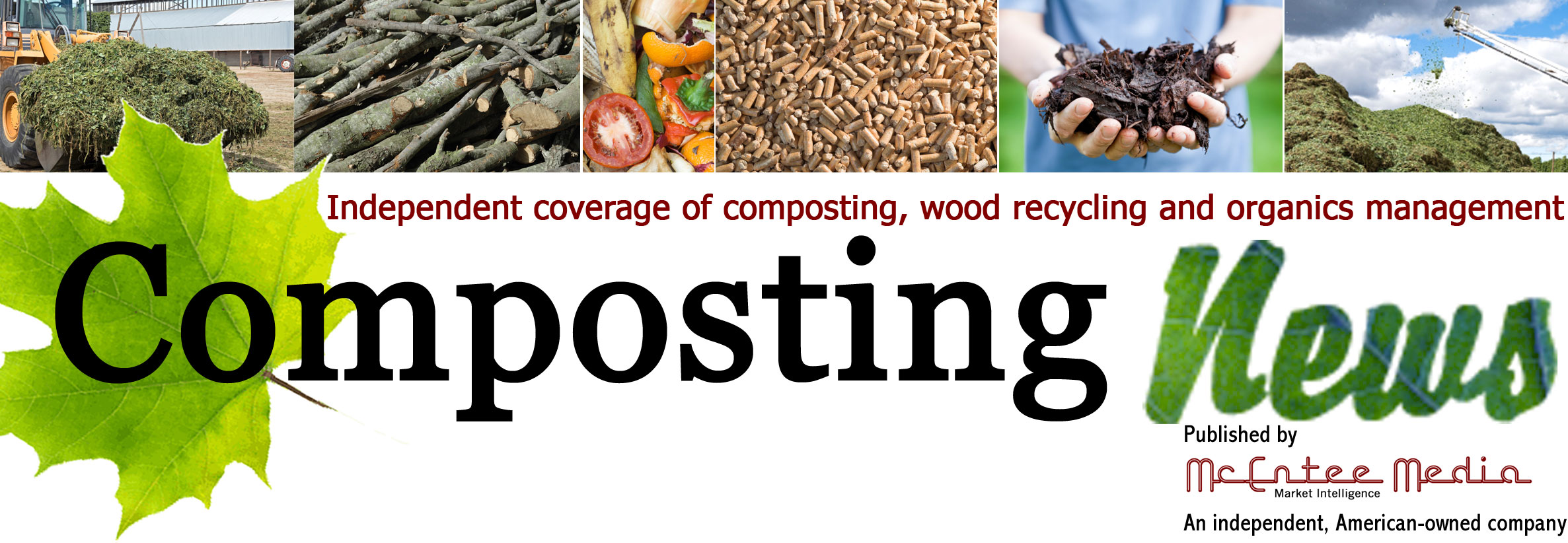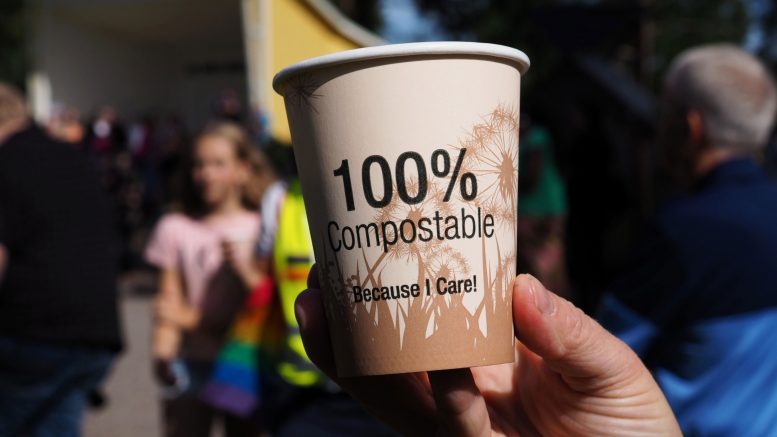In response to the rise of food waste legislation and increasing commitments to zero waste and climate action, the Composting Consortium, New York, managed by the Center for the Circular Economy at Closed Loop Partners, has released a Compost Policy Toolkit. The comprehensive toolkit equips policymakers, regulators, composters, brands and retailers with the insights and tools needed to navigate a complex policy landscape around compostable packaging and keep food out of landfill by diverting food scraps towards composting infrastructure, the consortium said.
The toolkit covers three pressing topics in policy today:
- extended producer responsibility (EPR);
- labeling laws; and
- compost end market expansion.
The consortium, a multi-year collaborative effort that focuses on advancing circular solutions for food-contact compostable packaging and scaling composting infrastructure, emphasized the importance of policy in addressing organic waste and advancing circular outcomes, alongside design innovation and recovery infrastructure.
The consortium said the toolkit was released at a critical juncture—in the U.S. about 24% of the material in landfills is food waste.
Compostable packaging is increasingly seen as a mechanism to divert food scraps away from landfills and the U.S. composting system is slowly transitioning, with more composting facilities now accepting food scraps and some forms of food-contact compostable packaging, the organization said.
“To support this transition, policies must help ensure that new materials—such as compostable packaging—align with available infrastructure and markets, as well as incentivize proactive infrastructure development to ensure that these materials are responsibly processed,” the consortium said, adding that U.S. policy on compostable packaging and organics is at a key inflection point.
“As awareness grows of the environmental impact of organic waste, more landfill bans and materials recovery policies are being implemented to advance packaging and food recovery,” the consortium said. “To date, 10 states and several major cities have established organics bans. Four states—California, Colorado, Maine and Oregon—have adopted EPR laws for packaging and several others have established study bills to evaluate the opportunity for EPR. There is also increasing attention on the importance of soil health, as seen by the proliferation of healthy soils policies and programs across the U.S. As momentum around policy accelerates, there is critical need to develop robust EPR laws that include food-contact compostable packaging, clear labeling laws that help customers and composters identify compostable packaging, and policies that expand the procurement and application of compost across the country.”
The toolkit includes insights on a range of policies that are critical to supporting the composting industry in the U.S. It provides actionable insights on:
- optimizing EPR for composting. This brief explores the role of EPR in building composting infrastructure. It emphasizes the importance of conducting thorough needs assessments that account for composting infrastructure and certified food-contact compostable packaging;
- clear and consistent labeling for compostable packaging. This brief shares consumer survey findings, highlighting the need for standardized labeling on compostable packaging to avoid confusion with non-compostable packaging, maximize consumer participation in organics diversion programs and support composters in accepting food-contact compostable packaging at their facilities;
- policy considerations for supporting compost procurement. This brief explores strategies for promoting the purchase and use of finished compost to enhance our soils, including model procurement policies, compost application incentives and compost education programs.
The toolkit is an outcome of the consortium’s in-depth research on policy, made possible by collaboration with key stakeholders across the composting industry, the consortium said. By outlining these key areas and offering practical recommendations, the toolkit aims to equip policymakers and regulators with the insights and best practices needed to navigate the complexities of compostable packaging and infrastructure development.
“Policy plays an important role in keeping resources in circulation whether for reuse systems or in support of robust recycling and composting infrastructure,” said Kate Daly, managing director of the Center for the Circular Economy at Closed Loop Partners. “We believe this policy toolkit is a valuable resource that will help accelerate the responsible growth of composting infrastructure and unlock the environmental and economic benefits of a circular organics economy.”
Follow us on social media:

Be the first to comment on "Consortium releases policy toolkit"